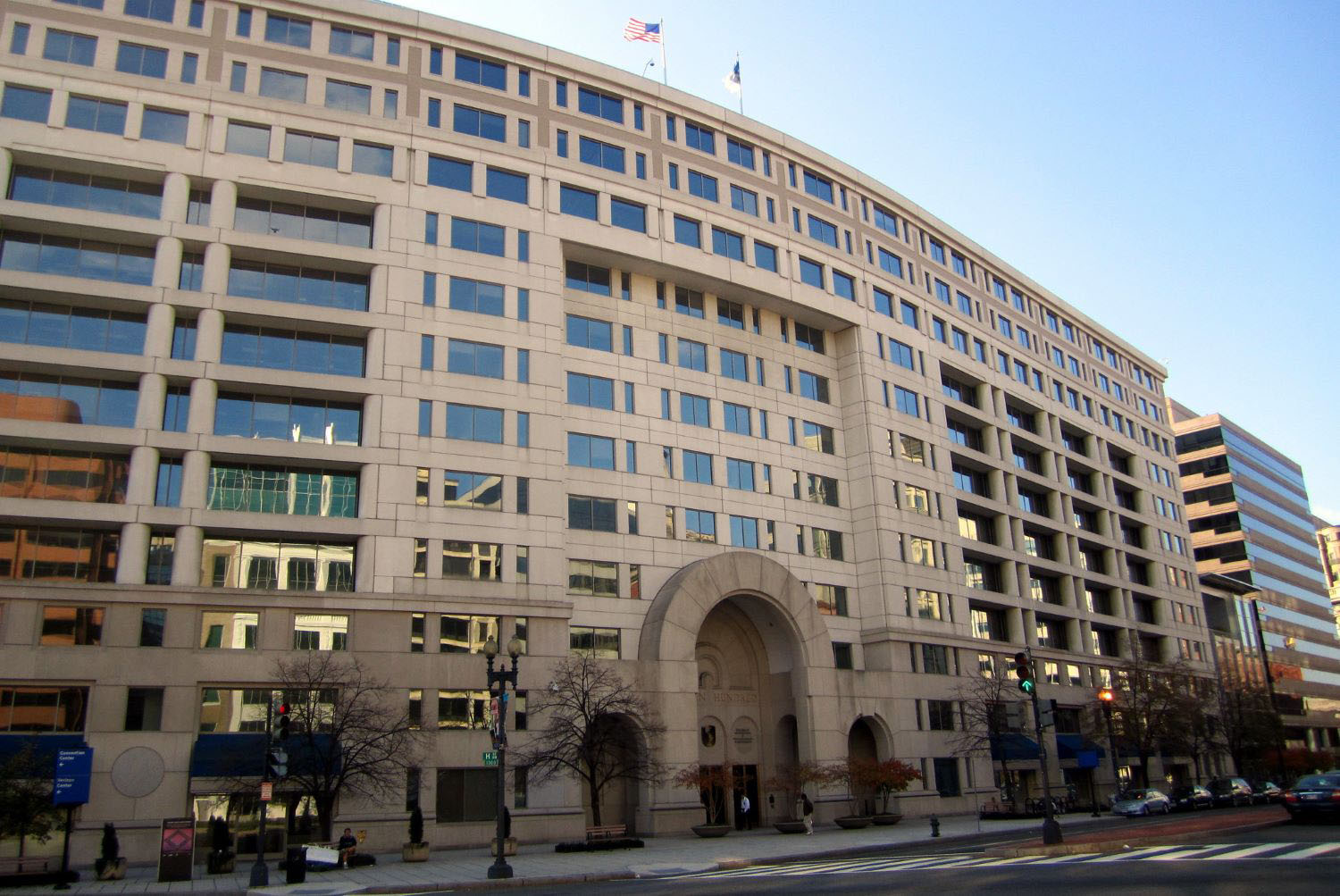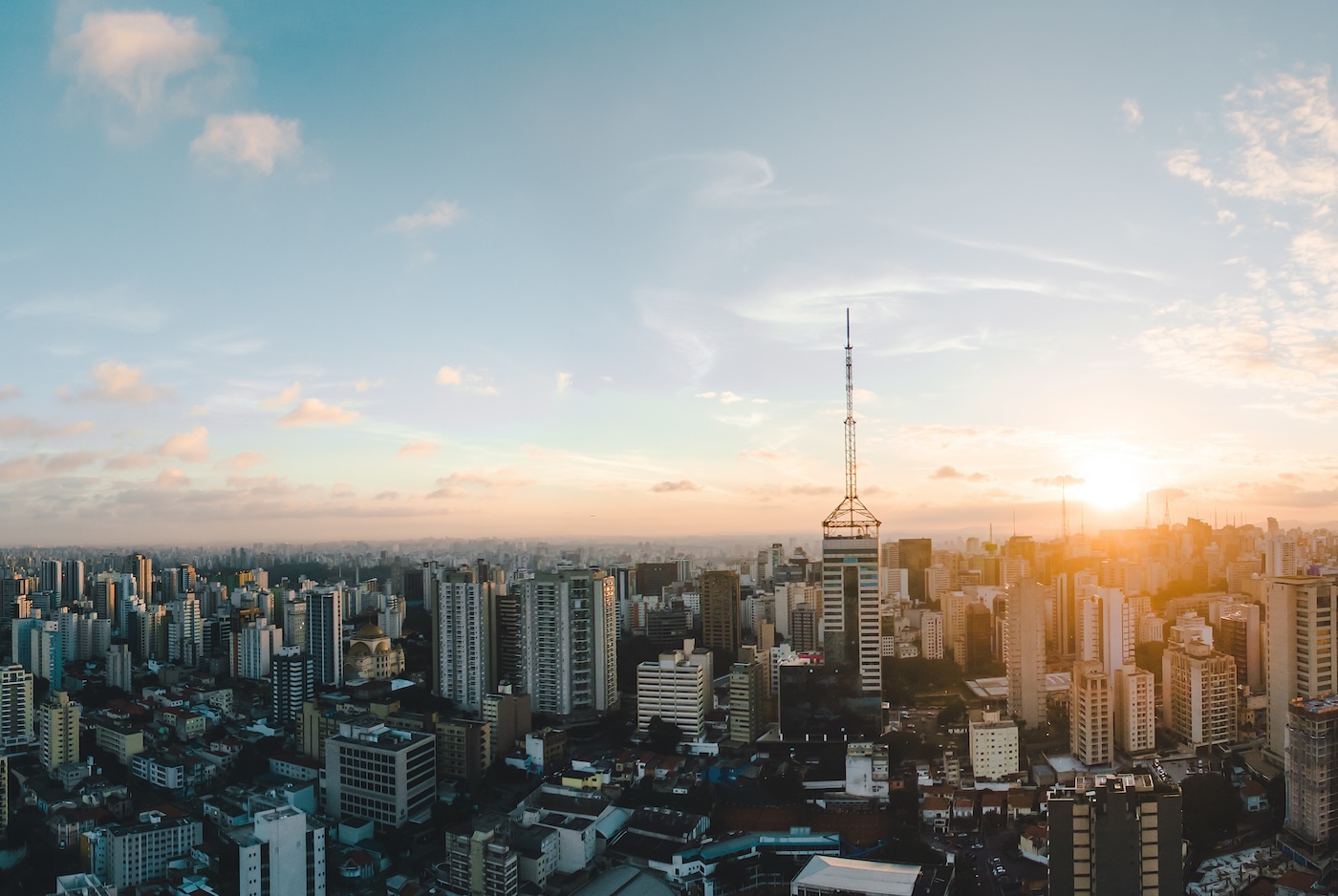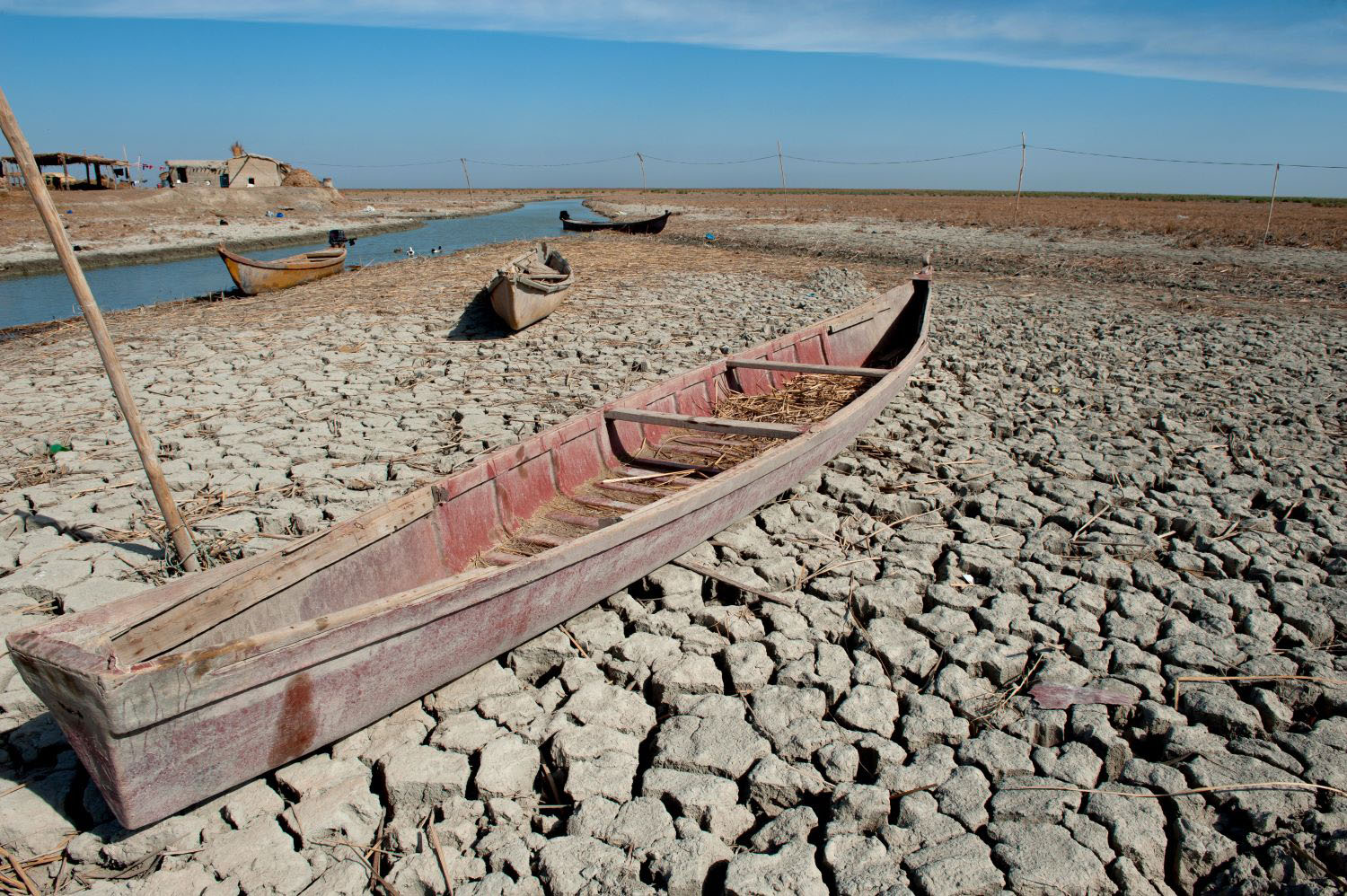This class tackles a number of “big questions” in development:
- Why are some countries poor, repressive, and violent?
- Why have some seen growing incomes, stability and freedoms while others stagnate or decline?
- What is at the root of state capacity, political participation, and other aspects of “political development”?
- What role has the West played in both failure and success, and what role (if any) should it play in future?
My goal is to get students to think critically about development theory and practice. A slight majority of examples and readings will be drawn from sub-Saharan Africa, in part give the course some focus, and in part because it is my area of expertise. But in I will also bring in a considerable amount of material on Latin America, the early development of the US and Europe, and to a lesser extent Asia—an order determined largely by my knowledge or ignorance.
The course is political in two senses. First, we explore the politics of economic development—the role of leaders, political systems, and institutions in promoting or retarding economic growth. Second, we look at political development as an end in itself—the forces that drive systems of representation versus repression, and property rights versus expropriation.
We also interrogate the effects of Western intervention in the developing world, from slavery and colonialism to modern-day geopolitics, foreign policy, aid, trade, peacekeeping, and democratization.
Unfortunately there is a lot of important material we do not cover, especially the political economy of policy reform, and the development of specific political institutions and organizations such as political parties, legislatures, and so forth. I encourage you to pursue these topics in other courses if they interest you.
As a core course in the Economics and Political Development concentration, this course is more theoretical and more reading and writing intensive than most. It is designed to give you a broad theoretical architecture for thinking about the big questions above. I also want you to improve your critical reading and writing of academic work. I want to bring you up to the present on some of the important intellectual work being done, and equip you to understand and critically evaluate new intellectual work relevant to your future policy careers.
Rights & Permissions
You may use and disseminate CGD’s publications under these conditions.





